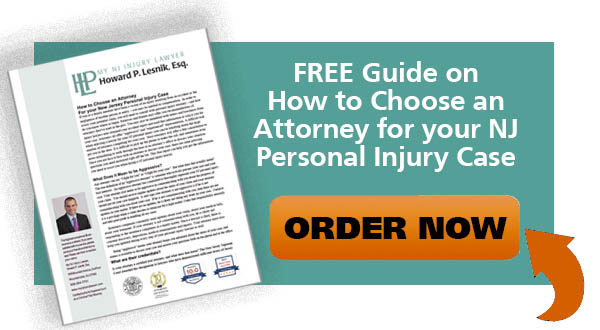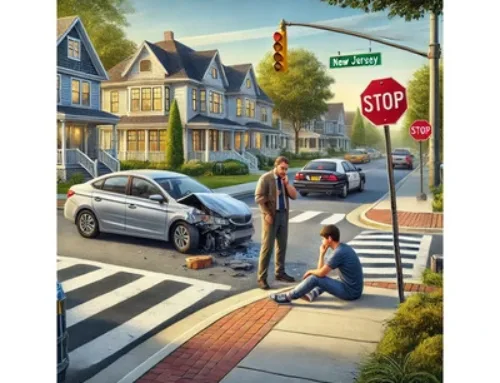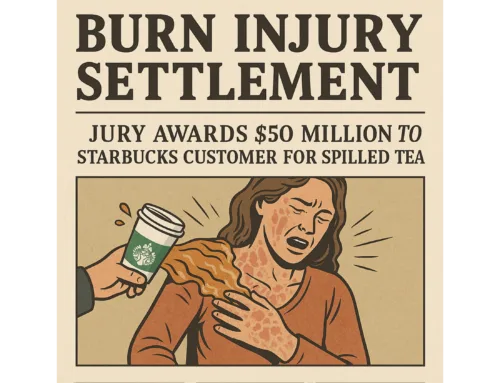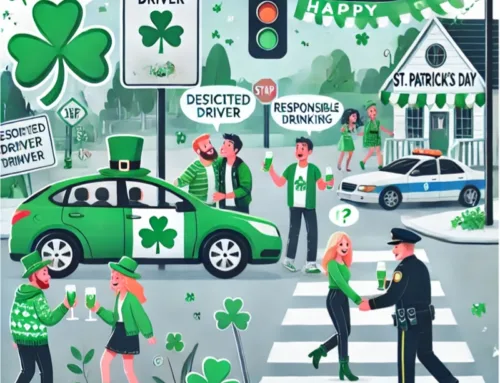When going about your day, you have a reasonable expectation that the stores, businesses, and places you visit will be safe, and that you are not exposing yourself to any risk of injury. When the parties responsible for maintaining the property have been careless or negligent, these business owners and property managers can be liable for any injuries that you suffer as a result of dangerous premises. While we are primarily discussing commercial properties here, the owners of other types of property (such as private residences and government buildings) may also be responsible for hazardous conditions, though the this varies depending on the type of property in question.
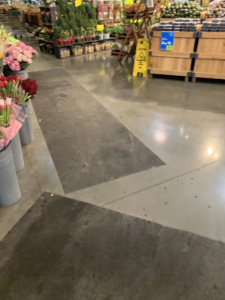 If you’ve suffered an injury due to an accident on dangerous premises or hazardous condition on public property, you and your attorney must be able to prove FOUR main points in order for you to succeed in pursuing compensation for your injuries. These 4 factors are:
If you’ve suffered an injury due to an accident on dangerous premises or hazardous condition on public property, you and your attorney must be able to prove FOUR main points in order for you to succeed in pursuing compensation for your injuries. These 4 factors are:
- The entity in control of the property had a duty of care toward you as a visitor to the premises.
- The risk injury or harm you suffered was reasonably foreseeable.
- Your injury or harm was proximately caused by the owner’s negligence
- You suffered damages as a result of the property owner’s failure to act in a reasonable manner.
Some of these factors can be simple to prove, while others may be more challenging depending on the facts and circumstances surrounding your accident. Regardless, you can expect that the lawyers hired by the insurance company representing the business entity responsible for your accident will attack any and all of these four points in an effort to weaken your case and avoid having to pay you the compensation you deserve for your injuries. That’s why it’s so important to have an experienced premises liability attorney fighting on your side.
Duty of Care
Proving the first part of your negligence claim is fairly straightforward in many cases in which the accident took place on a commercial property. Business owners and those they task with supervising their premises have a duty to maintain the property in a reasonably safe condition, to resolve any issues that may create a hazardous condition for guests and visitors, and to discover and warn of any hazards that have not yet been addressed.
Businesses are expected to create and follow safety plans that include periodic inspections of the premises to discover hazards that may arise (such as a liquid spill on a floor or ice accumulation in a parking lot) in order to keep visitors safe. As such, businesses are legally expected to resolve any hazardous conditions of which they had actual notice — meaning those that they had discovered or been informed about, AND those of which they had constructive notice — meaning hazards that they should reasonably have been expected to discover by following proper safety inspection procedures.
In practical terms, this means that if an item spills or falls in a grocery store aisle, the store may not be held liable if a customer slips on the spill twenty seconds later. BUT if several minutes pass between the spill and the customer’s fall without any effort made by employees to notice and clean it up, the store will most likely be negligent. Your attorney can demonstrate the business’s lack of action to find and fix a dangerous condition created a foreseeable risk to people in the store.
Cause of Injury
Insurance companies will also target the third and fourth parts of a premise liability claim: the causal link between the act of negligence and the injury, and the relationship between the injury and the compensation sought.
Obviously, you know how you were injured; you are your own eyewitness. But without physical evidence (like photos of the scene, security camera footage, or safety inspection logs) or corroborating testimony from witnesses to back up your description of accident, the insurance company will attack your story. They may argue you were already injured in a prior accident, or that you were yourself careless or that they had no NOTICE of the dangerous premises. If the insurance company successfully argues that you were also at fault for the accident, the amount you can collect in damages may be reduced in proportion to what percentage of blame you are determined to bear. You need an experienced personal injury attorney to fight for the compensation you deserve.


